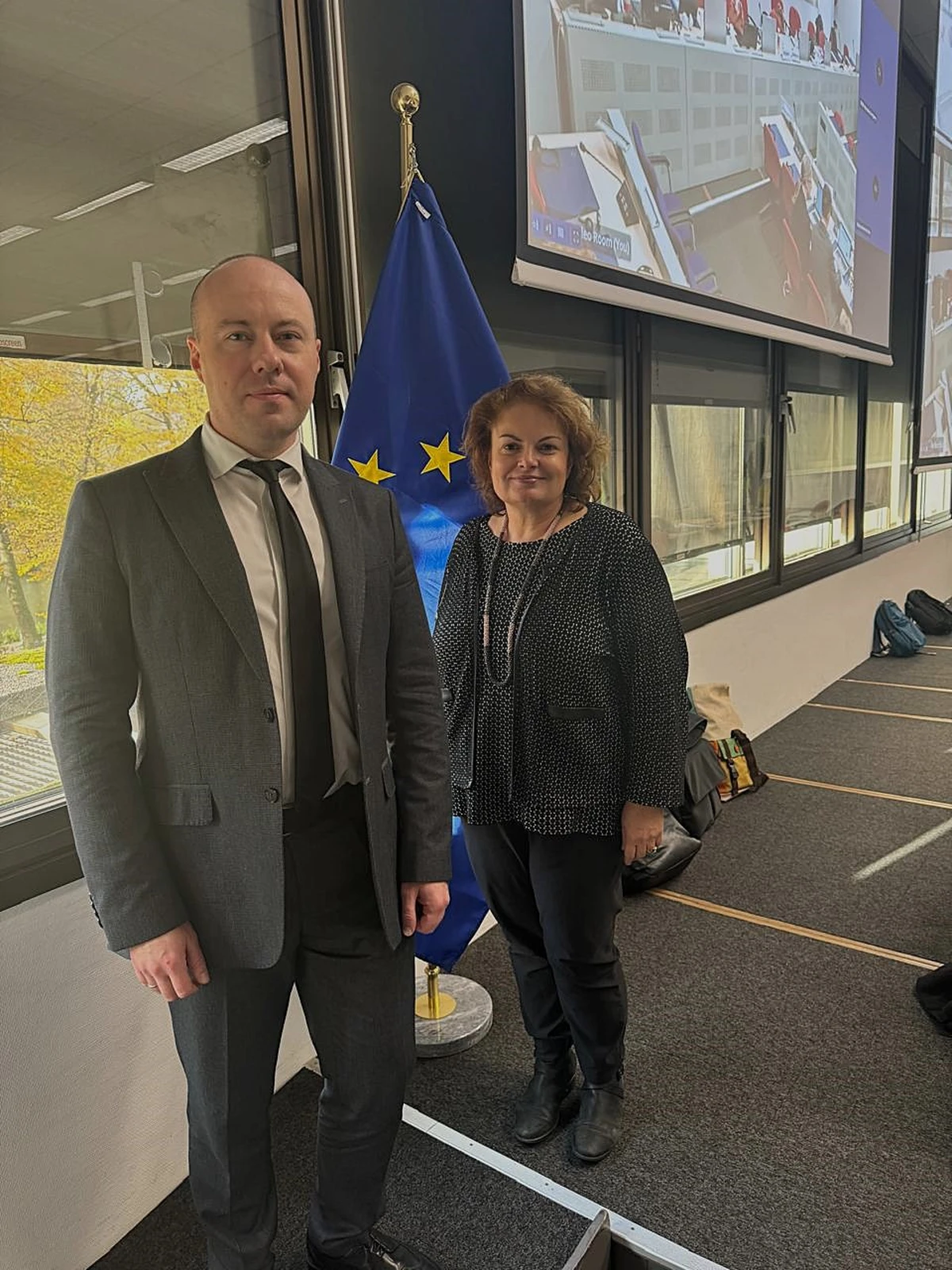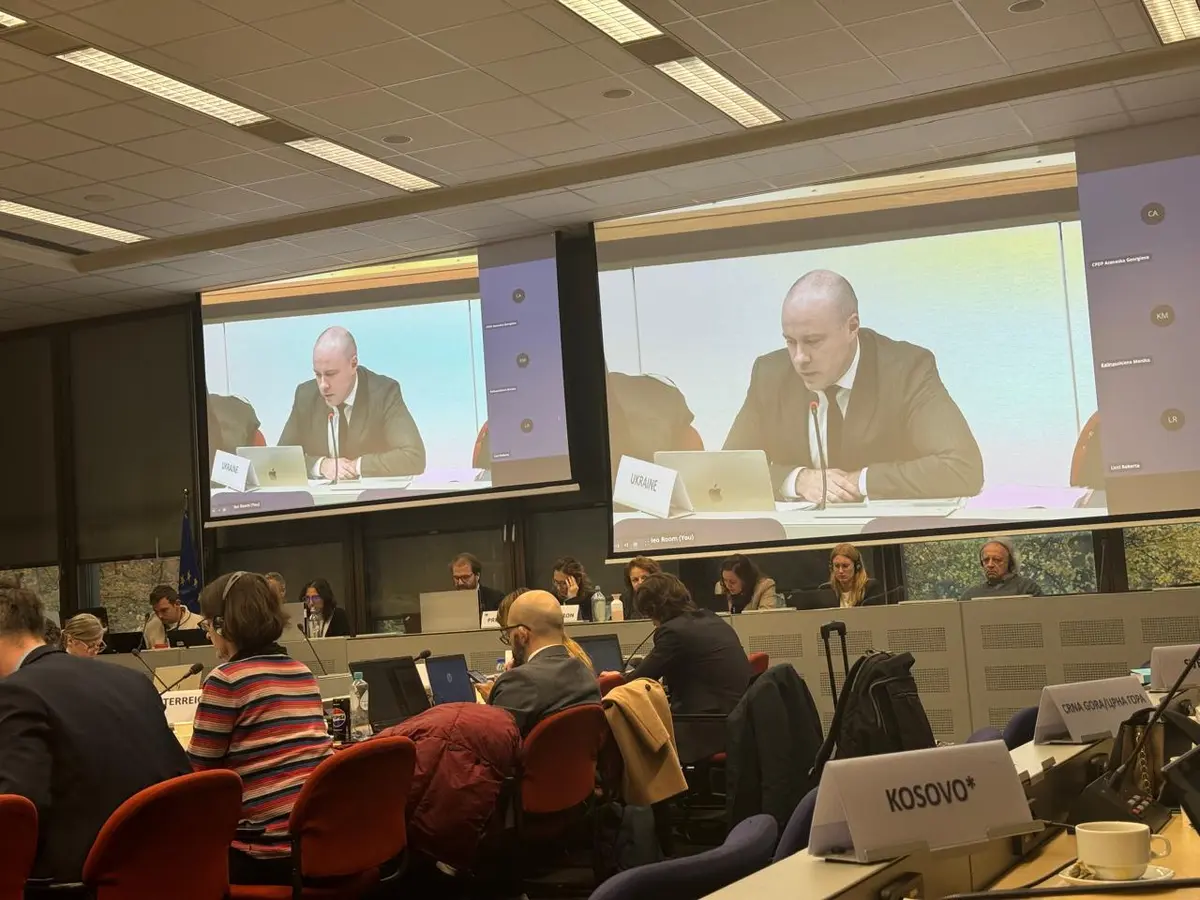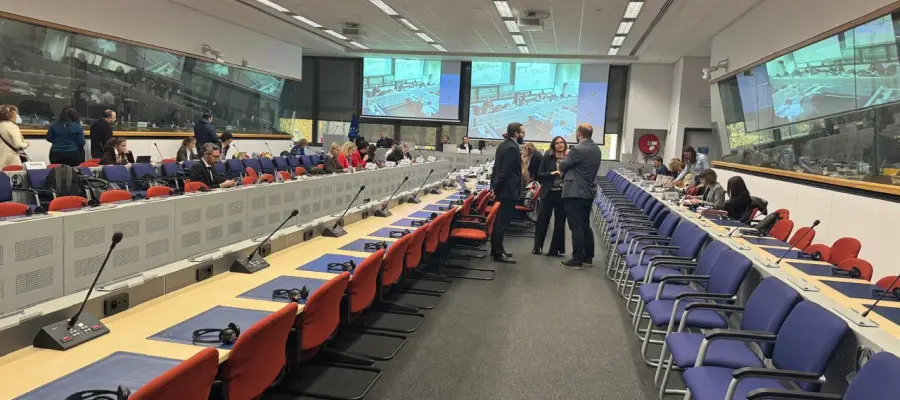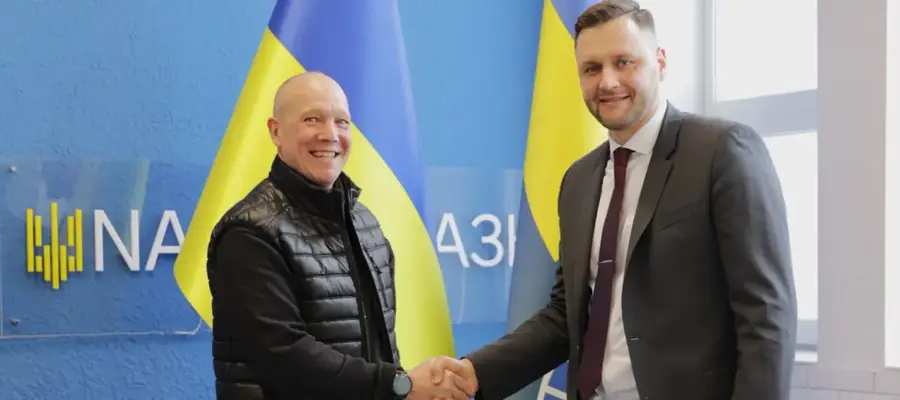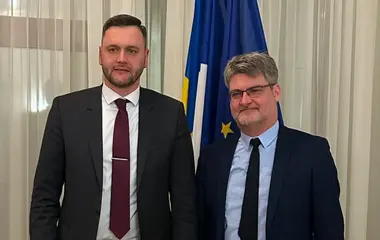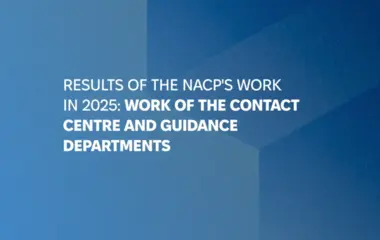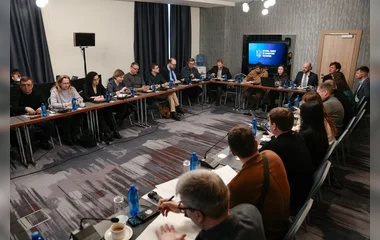Deputy Head of the NACP Serhii Hupiak presented the experience of the Ukrainian whistleblowing institution at the 10th meeting of the Commission's expert group on the implementation of the EU Directive.
"The invitation of a representative from Ukraine to the expert group meeting demonstrates the recognition of the achievements of the Ukrainian whistleblowing institution. Currently, we are successfully approximating the EU Directive in terms of whistleblowing in all areas of activity and have unique experience in this field. Participation in the work of the Commission's expert group is an opportunity to learn from the experience of implementing the EU Directive in other countries, to take into account our own and other people's mistakes. In the future, this can give a powerful boost to qualitative changes in the Ukrainian whistleblowing institution,” said NACP Deputy Head.
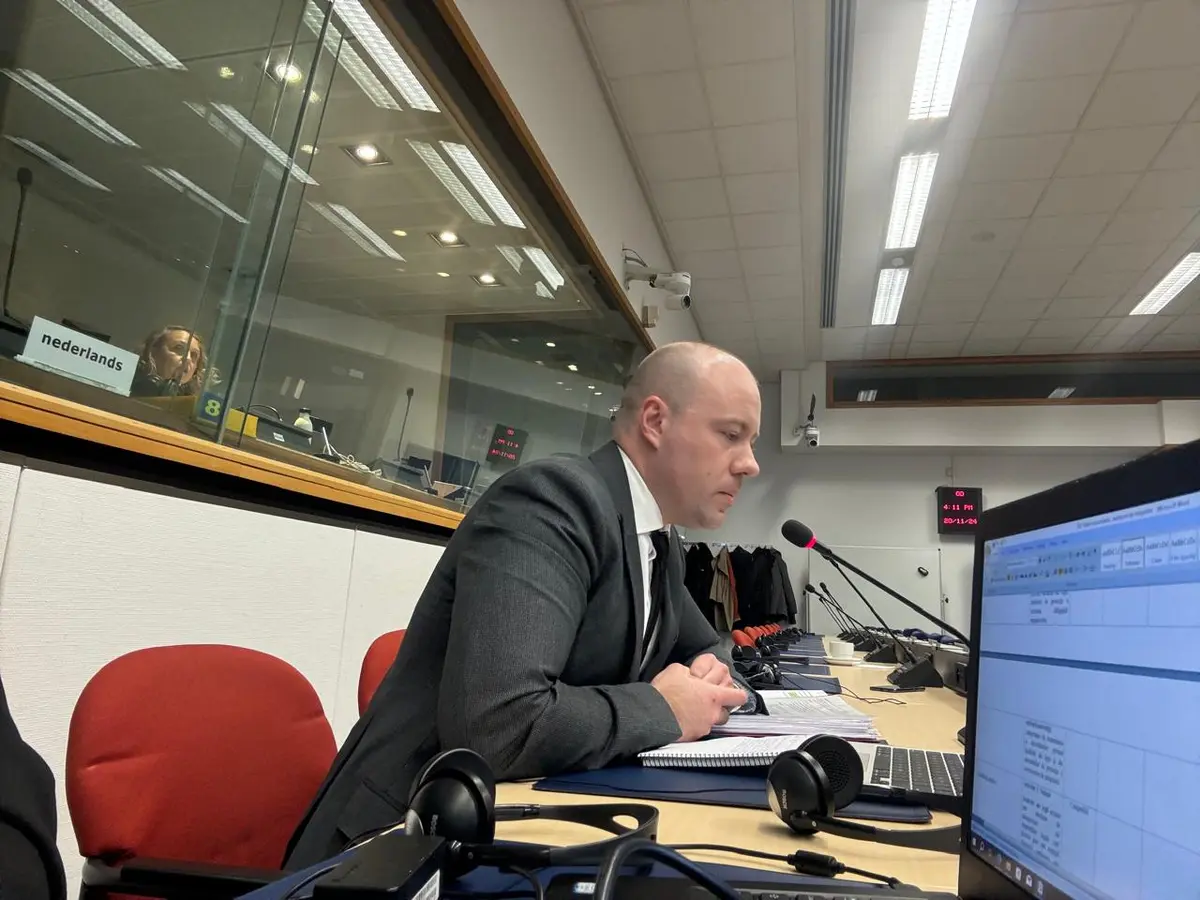 At the expert group meeting, Serhii Hupiak spoke about changes in Ukrainian legislation that contributed to the development of the whistleblowing institution and approximation to the implementation of the EU Directive, including the definition of a whistleblower through his or her connection with a certain type of activity, the definition of three types of corruption reporting channels, the detailing of the procedure for reviewing whistleblower reports and the possibility of anonymous reports, the strengthening of NACP powers to conduct inspections of possible violations of whistleblower rights and to participate in court cases involving them, and the establishment of a unified digital internal whistleblowing channel.
At the expert group meeting, Serhii Hupiak spoke about changes in Ukrainian legislation that contributed to the development of the whistleblowing institution and approximation to the implementation of the EU Directive, including the definition of a whistleblower through his or her connection with a certain type of activity, the definition of three types of corruption reporting channels, the detailing of the procedure for reviewing whistleblower reports and the possibility of anonymous reports, the strengthening of NACP powers to conduct inspections of possible violations of whistleblower rights and to participate in court cases involving them, and the establishment of a unified digital internal whistleblowing channel.
He paid special attention to the functioning of a unified digital internal channel for reporting corruption - the Unified Whistleblower Reporting Portal - and Ukraine's first experience in paying rewards to corruption whistleblowers.
Serhii Hupiak also noted that measures to develop conceptual changes to bring Ukrainian legislation closer to the Directive are also included in the State Anti-Corruption Program for 2023-2025.
During the meeting of the expert group, the countries invited to participate shared the problems of implementing the Directive. The practice and level of implementation of its provisions in different countries have a number of differences.
The Deputy Head of NACP emphasized that Ukraine's approximation to the Directive is currently on par with many EU member states, which is important for further European integration.
For more information:
On October 23, 2019, the European Parliament and the Council adopted EU Directive 2019/1937 on the protection of whistleblowers (the so-called Whistleblower Protection Directive).
The purpose of this document is to ensure compliance with Union legislation and policies in specific areas by setting common minimum standards that ensure a high level of protection for persons reporting violations of Union law.
